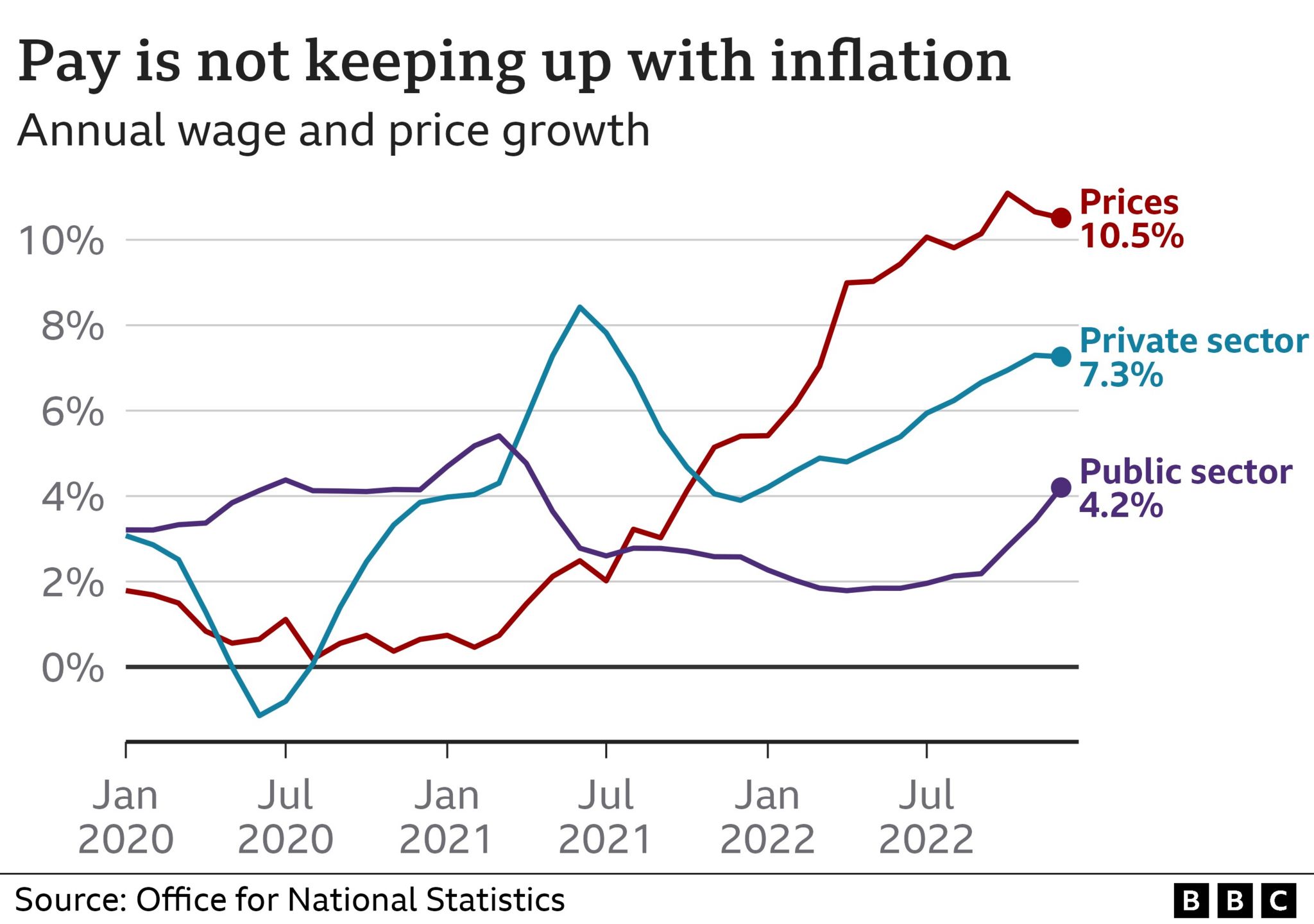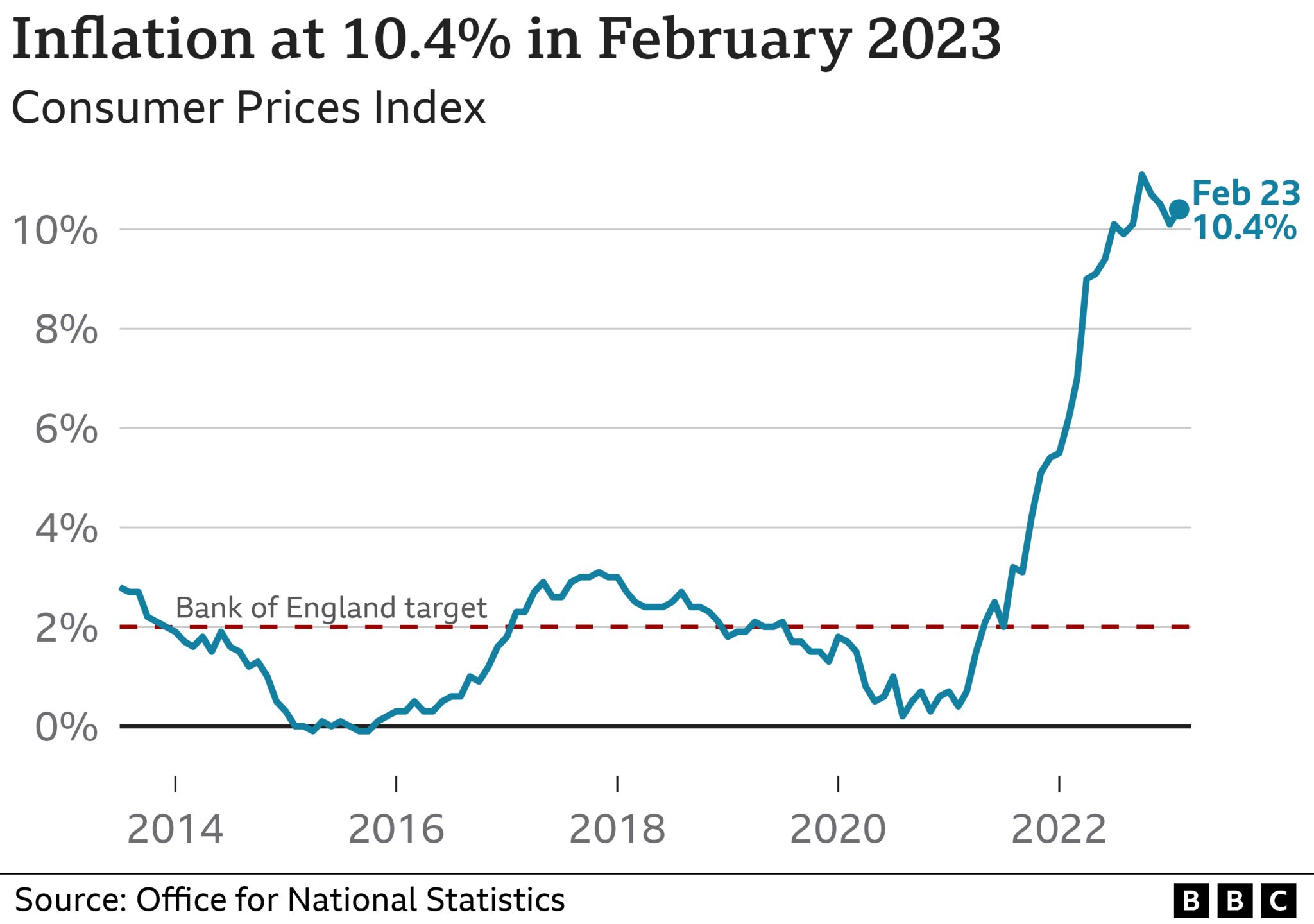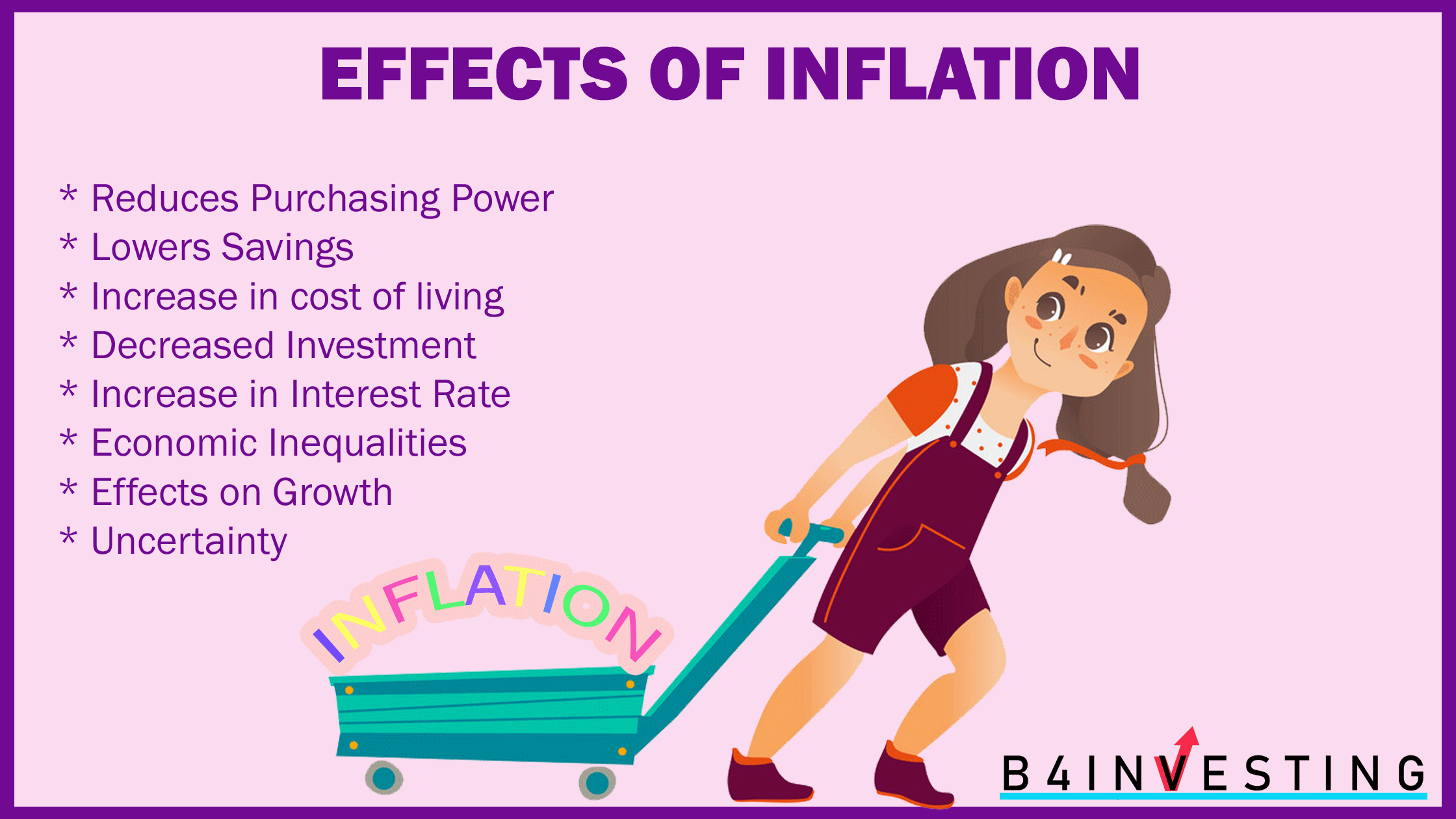
The latest inflation rate in India, as measured by the IPCA 15, has been released. The rate has risen to 6.95%, its highest level in over a year. This has raised concerns about the impact of inflation on the Indian economy.
Editor's Note: IPCA 15: The Latest Inflation Rate In India And Its Impact have published today, October 12, 2022, and it is important to understand its impact on the Indian economy and how it may affect your personal finances.
Our team has been closely monitoring the situation and has put together this guide to help you understand the latest inflation rate and its potential impact. We've analyzed the data, dug into the details, and consulted with experts to provide you with the most up-to-date information.
Key differences or Key takeways:
| Particulars | August 2022 | September 2022 | % Change |
|---|---|---|---|
| Headline IPCA-15 | 7.00 | 6.95 | -0.71% |
| Food and beverages | 7.62 | 7.60 | -0.26% |
| Fuel and light | 10.78 | 10.39 | -3.62% |
| Manufactured products | 5.17 | 5.10 | -1.35% |
| Services | 5.52 | 5.59 | 1.27% |
Transition to main article topics:
FAQ
This FAQ section provides detailed answers to frequently asked questions regarding the latest inflation rate in India and its potential impact on various aspects of the economy and society.
Question 1: What is the current inflation rate in India?
As of November 2022, the Consumer Price Index (CPI) inflation rate in India stands at 5.88%, which is within the Reserve Bank of India's (RBI) target range of 2-6%.

Inflation Rate 2025 Uk And Wages - Ines Riley - Source inesriley.pages.dev
Question 2: What are the major factors contributing to inflation in India?
Several factors, such as supply chain disruptions, rising global commodity prices, and geopolitical uncertainties, have contributed to the inflationary pressure in India.
Question 3: What impact does inflation have on the economy?
Inflation can erode purchasing power, reduce consumer confidence, and hinder economic growth. It can also lead to higher interest rates, which can impact borrowing costs and investment.
Question 4: What measures is the government taking to control inflation?
The government has implemented various measures to curb inflation, including supply-side interventions to address supply chain issues, fiscal measures to control government spending, and monetary policy actions by the RBI to manage demand.
Question 5: How can businesses and individuals cope with inflation?
Businesses can explore cost-cutting measures, optimize supply chains, and consider innovative strategies to mitigate the impact of inflation. Individuals can adjust their spending habits, consider alternative investment options, and explore income-generating opportunities.
Question 6: What is the long-term outlook for inflation in India?
The RBI projects that inflation will remain within the target range in the medium term, subject to global and domestic factors. However, it emphasizes the need for continued vigilance and policy actions to anchor inflation expectations.
In summary, while the current inflation rate in India is within the RBI's target range, it remains a concern that requires ongoing attention and appropriate policy measures to ensure price stability and sustained economic growth.
Tips Based on "IPCA 15: The Latest Inflation Rate In India And Its Impact"
Stay updated on the latest inflation rates, particularly those that affect your business and personal finances. Use this information to make informed decisions regarding investments, purchasing, and financial planning. IPCA 15: The Latest Inflation Rate In India And Its Impact provides valuable insights into the recent inflation trends in India and their potential impact.
Tip 1: Understand the impact of inflation on interest rates.
As inflation rises, central banks may raise interest rates to control inflation. This can increase borrowing costs for businesses and individuals, potentially impacting investment and spending decisions.
Tip 2: Consider inflation when investing.
Inflation can erode the real value of investments over time. Consider investing in assets that may hedge against inflation, such as stocks, real estate, or inflation-linked bonds.
Tip 3: Adjust your budget accordingly.
Inflation can increase the cost of living. Review your budget regularly and make adjustments to accommodate rising prices, ensuring your expenses do not exceed your income.
Tip 4: Re-evaluate your savings strategy.
Inflation can reduce the purchasing power of savings. Consider increasing your savings rate or exploring investments that offer higher returns to mitigate the impact of inflation.
Tip 5: Be aware of the impact on your business.
Inflation can affect businesses by increasing input costs, reducing profit margins, and impacting consumer demand. Develop strategies to manage these challenges and maintain profitability.
By incorporating these tips into your financial planning and business strategy, you can navigate the challenges posed by inflation and make informed decisions that support your financial well-being and business success.
IPCA 15: The Latest Inflation Rate In India And Its Impact
The Index of Industrial Production (IIP) measures the growth rate of India's industrial sector. Industrial production is a crucial indicator of economic growth and development. It tracks the output of various sectors, including manufacturing, mining, and electricity. Monitoring IIP helps policymakers assess the health of the industrial sector and make informed decisions for economic growth.
- Growth Rate: Measures the percentage change in industrial production compared to the previous period.
- Sectoral Contribution: Assesses the contribution of different sectors, such as manufacturing, mining, and electricity, to overall industrial growth.
- Economic Indicator: Provides insights into the overall economic health and the performance of key industries.
- Policy Formulation: Helps policymakers identify areas for support and intervention to promote industrial growth.
- Investment Decisions: Guides investors in making informed decisions about investing in the industrial sector.
- Business Performance: Allows businesses to track their performance against industry benchmarks and make necessary adjustments.
Tracking IIP is essential for understanding the growth trajectory of India's industrial sector. It provides valuable information for policymakers, investors, and businesses to make informed decisions and contribute to the country's economic development.

2025 Monthly Inflation Rate - Grayson Malik - Source graysonmalik.pages.dev
IPCA 15: The Latest Inflation Rate In India And Its Impact
The latest inflation rate in India, as measured by the Consumer Price Index (CPI), is 15%. This is the highest level of inflation in India since 2011. The main drivers of inflation are the rising prices of food, fuel, and other essential commodities. The rising cost of living is putting a strain on the budgets of many Indian households, and is having a negative impact on the economy as a whole.

Inflation | Read 8 effects of inflation on economy and society - Source b4investing.com
The Reserve Bank of India (RBI) has raised interest rates in an effort to curb inflation. However, this is likely to have a negative impact on economic growth. The government is also taking steps to address the supply-side constraints that are contributing to inflation. However, it is unclear how effective these measures will be in the short term.
The high rate of inflation is a major concern for the Indian government. It is likely to lead to a slowdown in economic growth, and could have a negative impact on the living standards of many Indian people. The RBI and the government are taking steps to address the problem, but it is unclear how effective these measures will be.
Table: Key Insights on IPCA 15: The Latest Inflation Rate In India And Its Impact
| Key Insight | Explanation |
|---|---|
| Inflation in India is at its highest level since 2011. | This is due to rising prices of food, fuel, and other essential commodities. |
| The RBI has raised interest rates in an effort to curb inflation. | However, this is likely to have a negative impact on economic growth. |
| The government is also taking steps to address the supply-side constraints that are contributing to inflation. | However, it is unclear how effective these measures will be in the short term. |
Recomended Posts


